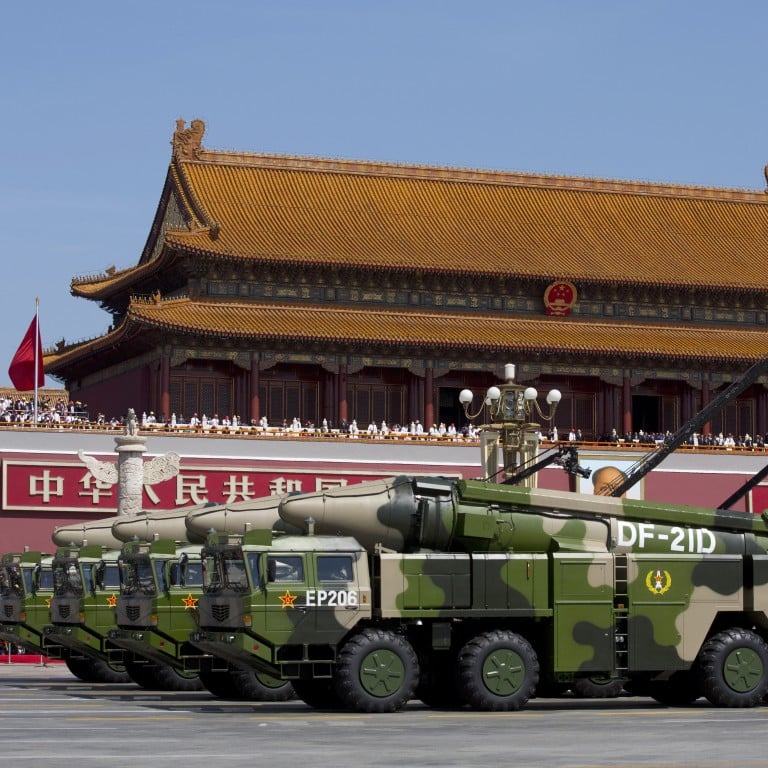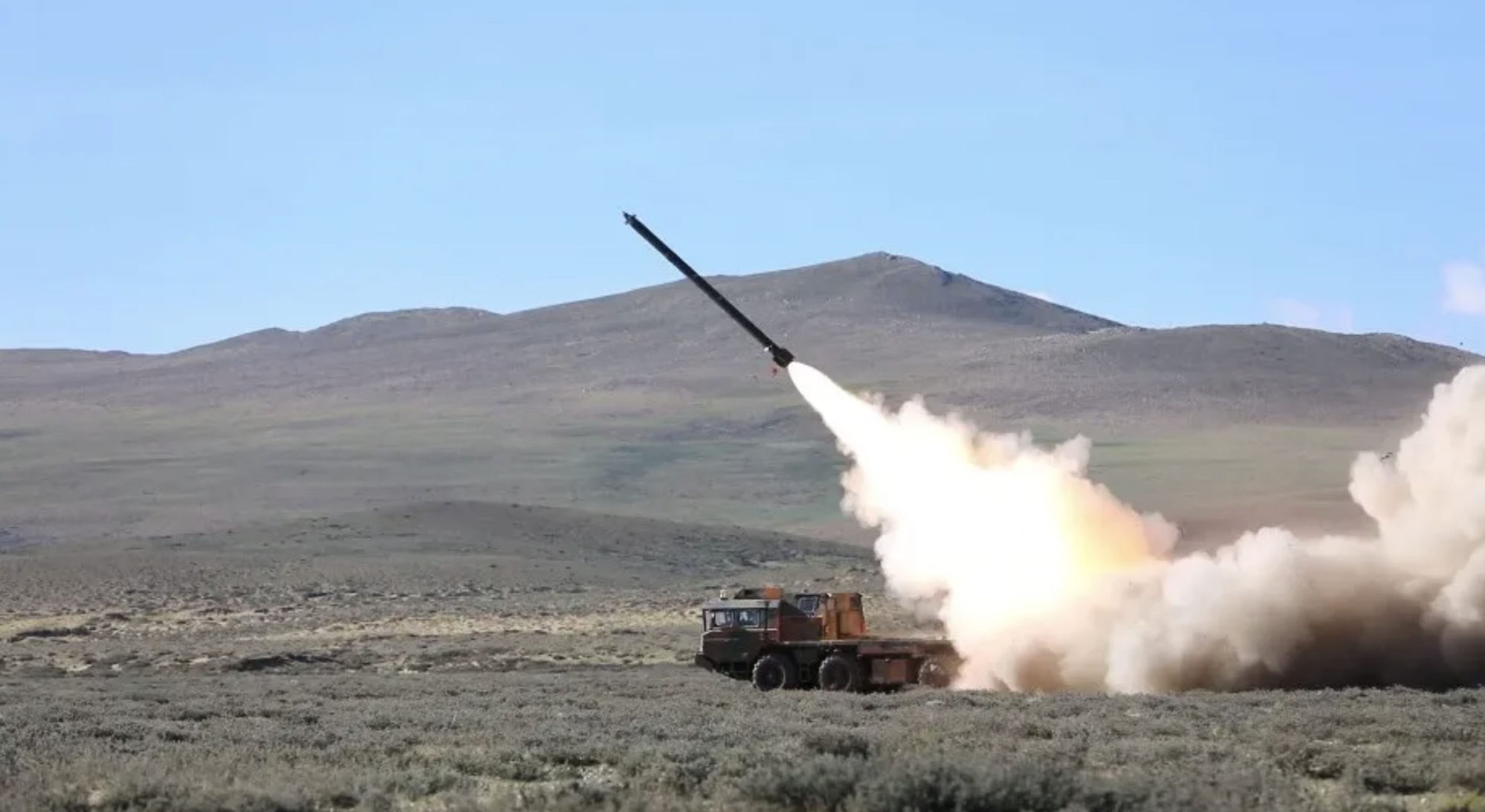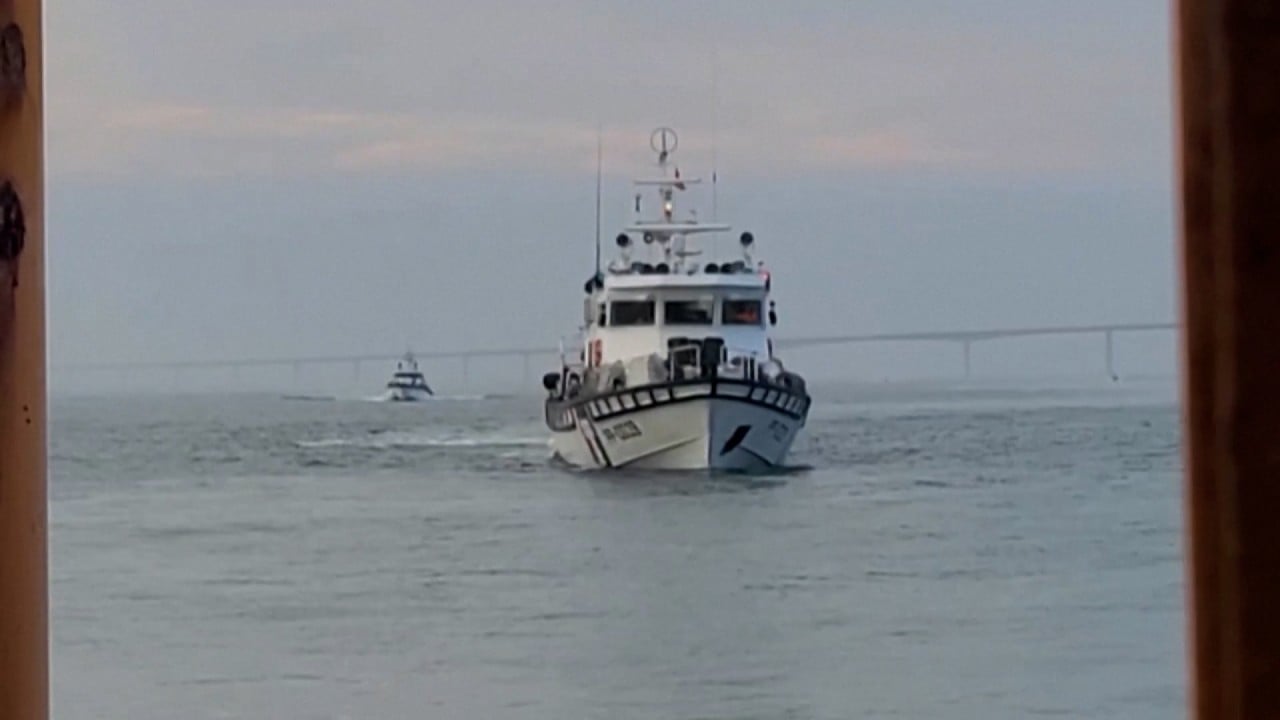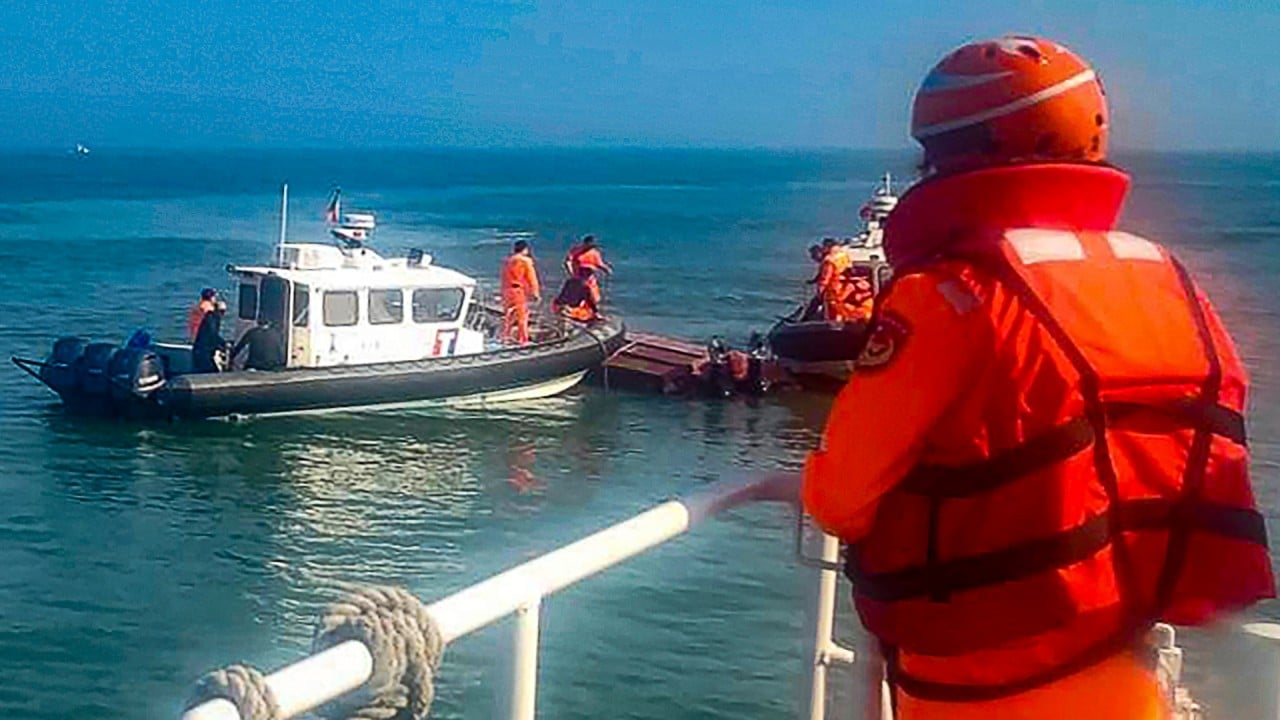
Beijing’s military budget has increased at the same rate as last year – but Taiwan is taking no chances
- Taiwan has said it does not want an ‘arms race’ with mainland China, as Beijing announced a rise in its military budget of 7.2%
- But Taipei said it still wants to be ready for a potential conflict, so is planning more live-fire drills and training of troops
The rise is the same rate as last year, but higher than the country’s growth target of 5 per cent this year. It is also the world’s second-highest military budget, behind the United States – and 16½ times more than that of Taiwan.
In response, Taiwanese Defence minister Chiu Kuo-cheng said on Thursday the island had no plan to begin an arms race with the mainland.
“We do not want to have an arms race [with Beijing],” Chiu said. “It is an undeniable fact that our enemy is bigger and more powerful.”
“What we can do is to boost every aspect of our training,” he said, adding the island’s military needed to consider the “enemy’s situation, and our financial ability and national strength” in building up Taiwan’s forces.
By strengthening its training and the intensity of its drills through various war games and exercises, the island’s military would be able to bolster its war readiness and deal with the PLA according to different scenarios, Chiu said.
Under the plan, the island’s military would increase the frequency of live-fire drills so that its troops would be able to get more acquainted with a war situation in which real firepower is used.
Chiu said on Wednesday that the military held live-fire drills “at certain times of the year to limit its impact on aviation and everyday life”.
“Now we must consider boosting our training in response to the enemy’s situation,” he said, adding future live-fire drills would be spread throughout the year instead.

Chiu also confirmed that the Taiwanese air force would resume midnight training for pilots as the PLA was reported to have increased its nightmissions around the self-ruled island.
According to the Taiwanese air force, the Indigenous Defence Fighters based in the southern city of Tainan and French-made Mirage 2000 jets in the northern county of Hsinchu as well as US-made F-16s in the eastern county of Hualien would be involved in the training.
The air force stopped its midnight training in 1993 due to complaints by residents that the take-offs and landings disturbed their sleep.
“It is not necessarily a move targeting [Taiwan] especially,” said Ying-yu Lin, a professor of international relations and strategic studies at Tamkang University in New Taipei.
He said the 7.2 per cent increase “indicates that despite the poor economy and increase in unemployment, the Chinese communists still take note of the need to maintain a sizeable budget for the military”.
‘Bitter fruit’ for foreign supporters of Taiwan independence, Beijing warns
Aside from the military hardware, the PLA needs big spending to support its personnel operations, including their welfare and benefits, to attract jobseekers to join the armed forces in the face of a declining birth rate and widening unemployment, Lin said.
Chieh Chung, a security researcher at the National Policy Foundation, a think tank affiliated with Taiwan’s main opposition Kuomintang party, said under the backdrop of Beijing’s military expansion, the plan of the island’s military to increase the intensity of its drills and training for its soldiers was highly necessary.
“They can effectively improve the combat skills and weapon operations of our soldiers while training them how to respond in an abrupt situation, thereby raising their confidence in fighting off the enemies,” he said.
In addition to increasing the frequency of live-fire drills, the military will also strengthen the intensity of training, including combat skills and weapons use for active soldiers and conscripts, according to the ministry’s report.
On Thursday, Chiu told lawmakers the extension was due to “changes of the enemy’s situation and threats” and there was a need to prolong the tabletop war games to work out countermeasures to deal with different combat scenarios.
Chiu said this year the US would continue to send a group of officers and experts to observe the tabletop war games and offer advice to the island’s military – as it had been doing so for years.
With hostility continuing to rise across the strait, Chiu said the situation was so “stringent” that he could not “sleep well at night” as he “worries” that war could break out unintentionally.
“No one can say for sure” that the PLA would not attack Taiwan in the near term, he said.
“Hostility has continued to rise and there are many unexpected situations that could trigger unintended incidents.”



